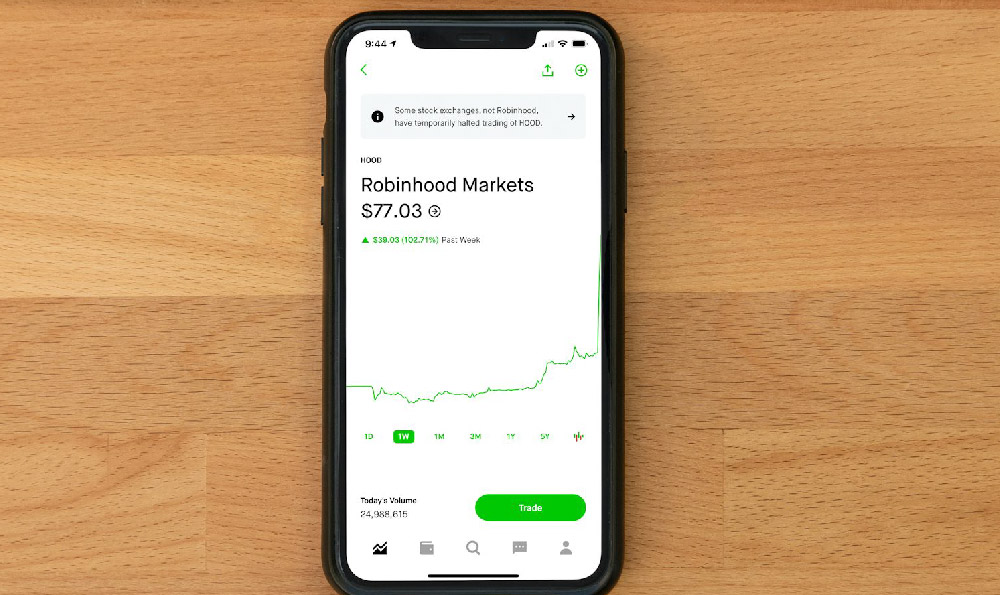Earning interest on your money is a fundamental cornerstone of personal finance and a key component in building wealth over time. It's the process of your money working for you, generating returns simply by being deposited in certain types of accounts or invested in specific financial instruments. Understanding the “what” and the “how” of earning interest is crucial for anyone seeking to maximize their financial potential.
Let's begin with the "what." At its core, interest is the price paid for the use of money. When you deposit money into a savings account, lend it to a borrower through a bond, or invest in a certificate of deposit (CD), you are essentially allowing someone else to use your money. In exchange for this, they pay you interest, which is a percentage of the principal amount (the initial amount you deposited or invested). This percentage is typically expressed as an annual interest rate, such as 2% or 5%.
Several types of accounts and investments offer the opportunity to earn interest. The most common include:

-
Savings Accounts: Offered by banks and credit unions, these accounts are designed for short-term savings goals and provide easy access to your funds. The interest rates on savings accounts are generally lower compared to other options, but they offer FDIC (Federal Deposit Insurance Corporation) or NCUA (National Credit Union Administration) insurance, protecting your deposits up to certain limits in case of bank failure.
-
High-Yield Savings Accounts: These are essentially savings accounts with significantly higher interest rates than traditional savings accounts. They are often offered by online banks, which have lower overhead costs and can pass those savings on to customers in the form of higher interest rates. While still offering FDIC insurance, they provide a more attractive return on your savings.
-
Certificates of Deposit (CDs): CDs are time deposits that require you to keep your money deposited for a fixed period, ranging from a few months to several years. In exchange for locking up your funds, CDs typically offer higher interest rates than savings accounts. However, withdrawing your money before the maturity date usually incurs a penalty.
-
Money Market Accounts: These accounts offer features of both savings and checking accounts, often with check-writing privileges and higher interest rates than traditional savings accounts. They may require higher minimum balances, and the interest rates can fluctuate based on market conditions.
-
Bonds: Bonds are debt securities issued by governments or corporations to raise capital. When you buy a bond, you are essentially lending money to the issuer, who agrees to repay the principal amount plus interest (coupon payments) over a specified period. Bond interest rates and prices are influenced by factors such as creditworthiness of the issuer, prevailing interest rates, and overall economic conditions.
-
Treasury Securities: Issued by the U.S. government, Treasury securities are considered among the safest investments. They include Treasury bills (short-term), Treasury notes (medium-term), and Treasury bonds (long-term), all of which pay interest. Treasury Inflation-Protected Securities (TIPS) are designed to protect investors from inflation by adjusting the principal amount based on changes in the Consumer Price Index (CPI).
Now, let's delve into the "how" of maximizing interest earnings. Here are some strategies to consider:
-
Shop Around for the Best Rates: Interest rates can vary significantly from one financial institution to another. Take the time to compare rates on savings accounts, CDs, and other interest-bearing products before making a decision. Online banks often offer more competitive rates than traditional brick-and-mortar banks.
-
Take Advantage of Compounding: Compounding is the process of earning interest on your initial investment plus the accumulated interest. The more frequently interest is compounded (e.g., daily, monthly, quarterly), the faster your money will grow. Reinvesting the earned interest allows you to benefit from the power of compounding over time.
-
Consider Longer-Term CDs: If you have a longer-term savings goal and are comfortable locking up your funds for a specified period, consider investing in longer-term CDs. These typically offer higher interest rates than shorter-term CDs.
-
Diversify Your Investments: Don't put all your eggs in one basket. Diversify your investments across different asset classes, such as stocks, bonds, and real estate, to reduce risk and potentially increase returns. While bonds generally offer lower returns than stocks, they can provide a stable source of income through interest payments.
-
Utilize Tax-Advantaged Accounts: Consider using tax-advantaged accounts, such as Roth IRAs or 401(k)s, to save for retirement. While the initial contributions may not directly earn interest in the traditional sense (depending on the investments chosen within the account), the investment growth and potential interest earned within these accounts are either tax-deferred or tax-free, depending on the type of account.
-
Understand the Impact of Inflation: Inflation erodes the purchasing power of your money over time. It's essential to choose investments that offer interest rates that outpace inflation to maintain your real rate of return. Consider investing in TIPS or other inflation-protected securities to mitigate the impact of inflation.
-
Be Mindful of Fees and Penalties: Pay attention to any fees or penalties associated with interest-bearing accounts or investments. Some accounts may have monthly maintenance fees or early withdrawal penalties, which can reduce your overall returns.
-
Reinvest Dividends and Capital Gains: If you are investing in stocks or mutual funds, reinvest any dividends or capital gains you receive to take advantage of compounding and potentially increase your long-term returns.
In conclusion, earning interest on your money is a powerful tool for building wealth. By understanding the different types of interest-bearing accounts and investments available, shopping around for the best rates, and utilizing strategies like compounding and diversification, you can maximize your earnings and achieve your financial goals. Remember to consider your risk tolerance, time horizon, and overall financial situation when making investment decisions, and consult with a financial advisor if needed. Earning interest is not about getting rich quick; it’s about diligently making your money work for you over time. This consistent, long-term approach is what builds significant wealth.












